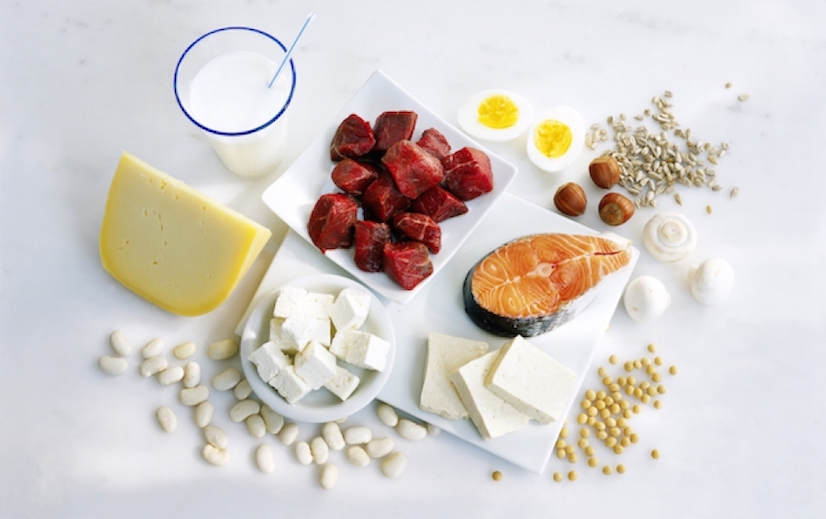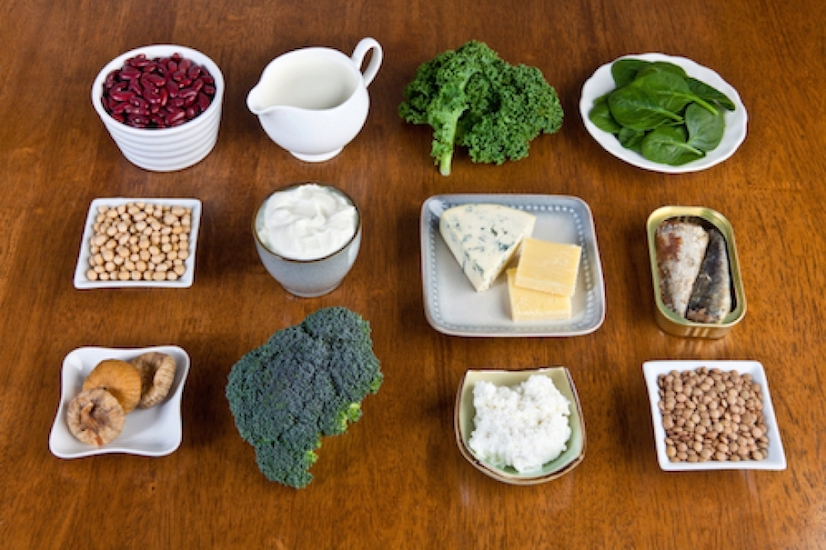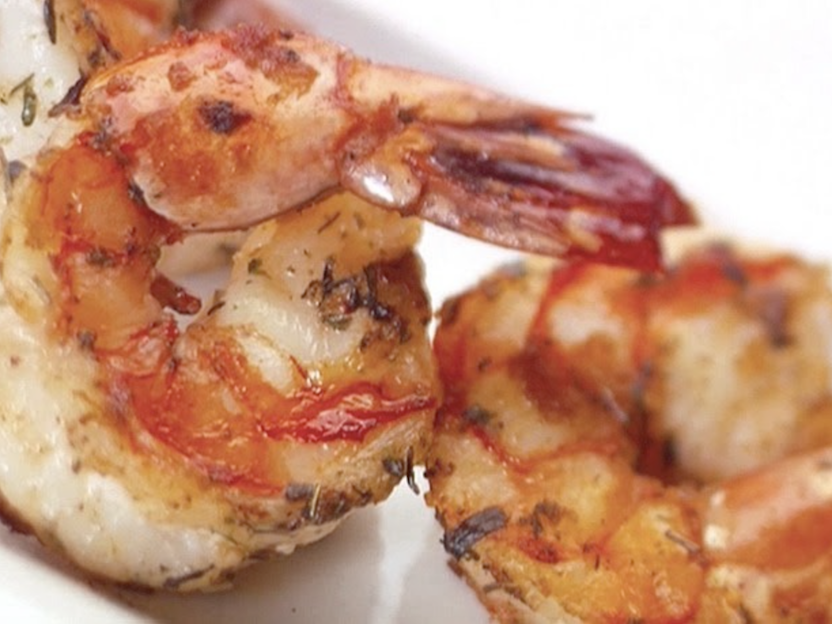Many people completely avoid eating shrimp due to their relatively high levels of cholesterol. Although this is perplexing to me it’s completely understandable, as cholesterol is among the most touted boogeyman in the medical community. But, in spite of widespread belief, the cholesterol housed in shrimp contributes very little, if any, to the development of high-cholesterol and related health problems like heart disease.
In truth, consuming shrimp can actually be quite beneficial for your health. In addition to being a very low-calorie source of high-quality protein, shrimp are packed full of valuable micronutrients and antioxidants that help prevent disease and keep your body functioning at its optimal level. Here are some of the many health and nutritional benefits of this powerful marine food.
RECIPE: Shrimp and Romaine Salad with Avocado
Potent Source of B Vitamins
Shrimp are exceptionally rich in B vitamins including niacin, vitamin B6 and vitamin B12. Collectively, these vitamins are needed for proper metabolism of essential macronutrients (carbohydrates, fats and protein) for energy production.
Niacin in particular can significantly improve your body’s natural detoxification capabilities and it also has unique lipid-lowering effects that support overall reductions in high cholesterol.
Vitamin B6 and 12 specifically help facilitate oxygen transport. Since all metabolic processes in the body require a reliable supply of oxygen, a sufficient intake of foods rich in vitamins B6 and B12 is needed for optimal functioning.
Related Article: Macronutrients: Three Key Essentials of Healthy Eating
Rich in Antioxidant Minerals
Zinc, copper and selenium are the only minerals that possess antioxidant properties and shrimp contains all three. Zinc is critical for normal development and function of white blood cells and wound healing while copper helps build strong connective tissues, facilitates iron metabolism, and enhances red blood cell production.
Selenium supports healthy thyroid function and also amplifies the beneficial effects of other antioxidants like vitamins C and E. In addition to their unique effects, the collective actions of zinc, copper and selenium can naturally boost immunity and ward off disease by countering cell-damaging free radical production in the body.
Related Article: Selenium: A Powerful Antioxidant You’ve Probably Never Heard Of
Powerful Anti-Aging Superfood
Shrimp are one of the most potent and versatile anti-aging food sources. Notably, shrimp contain remarkably high amounts of astaxanthin, a rare but powerful antioxidant and anti-inflammatory agent thought to protect against age-related diseases linked to free radical damage.
Related Article: What Free Radicals Really Do To Your Body
Astaxanthin has also been shown to strengthen overall immune function and reduce the risk of heart disease, inflammation and neurodegenerative disorders (Alzheimer’s and Parkinson’s disease). In addition to astaxanthin, shrimp contain sizeable amounts of vitamins A and E both of which help prevent premature skin aging and skin cancers linked to excessive sun exposure and free radical damage.
Good Source of Omega-3 Fatty Acids
Although oily fish like salmon, tuna and trout are most commonly touted for their rich content of omega-3 fatty acids, shrimp also house good amounts of these essential fats. Classified as “good” or “healthy” fats, omega-3s play a key role in overall good health from early fetal development through childhood and adulthood.
In fact, regularly consuming shrimp or other foods containing omega-3-fatty acids is critical for the prevention and treatment of numerous chronic conditions including heart disease, high blood pressure, cancer, diabetes, inflammatory diseases, behavioral disorders, depression and obesity.
Related Article: 8 Amazing Health Benefits of Omega-3 Fatty Acids
While eating shrimp and other foods naturally high in cholesterol has long been thought to raise cholesterol levels in the blood and increase the risk of heart disease, I would like to encourage you not to believe the hype! Due to their unique nutrient composition, shrimp remain at the top of the list of health foods for those who choose to incorporate them into a well balanced diet.
Related Article: Mercury in Seafood: What to Eat and What Not to Eat







